25 brilliant Dreamcast games doomed from the start
It's thinking
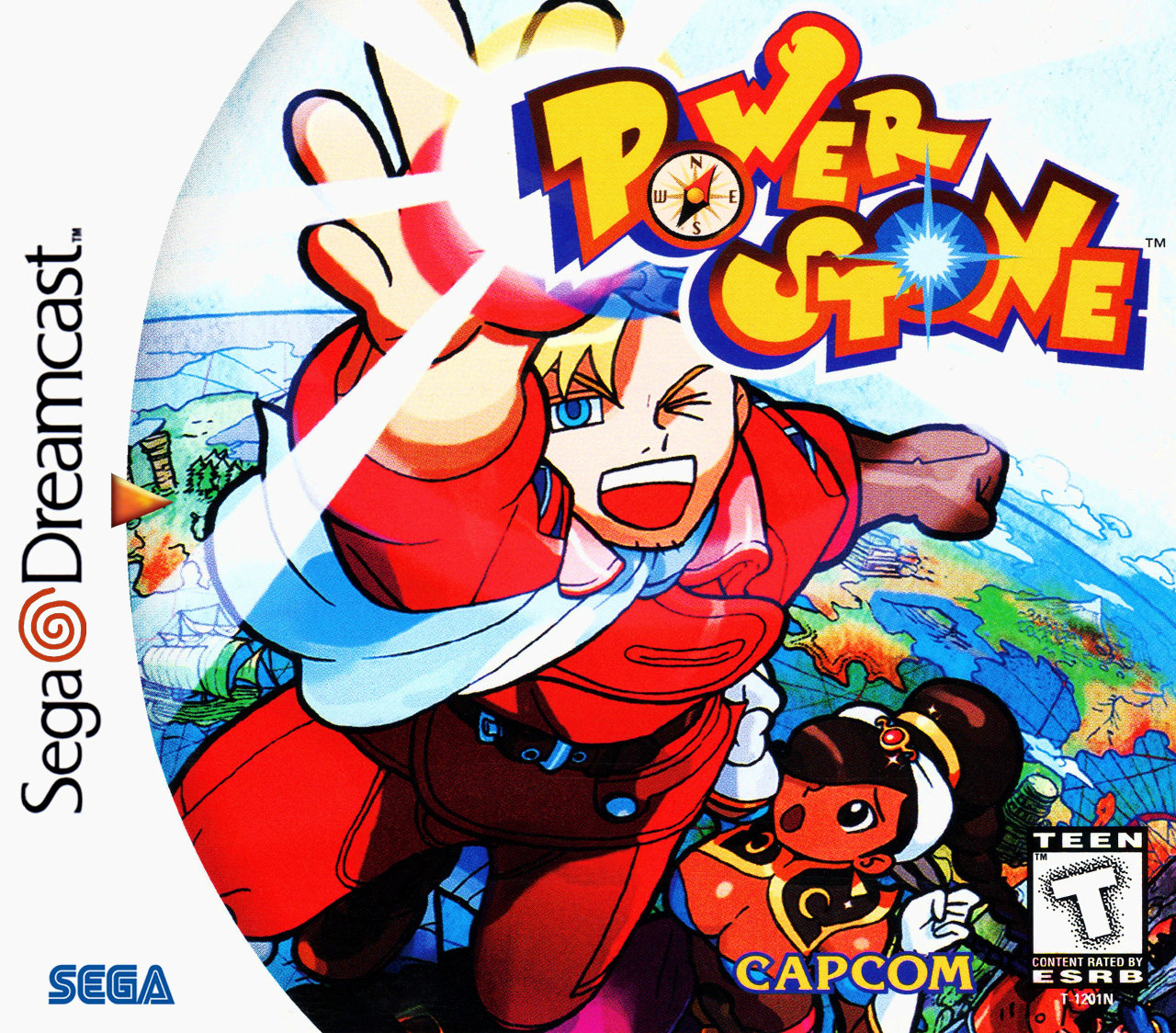
The life and death of the Dreamcast was a tipping point for the video game industry. From 1999 to 2001, what should have been "Sega's big comeback" morphed into "whoops, out of business" despite a stellar launch lineup, full-force marketing campaign, and online multiplayer support way ahead of its time. The Dreamcast falling flat on its face - and Sega's exodus from the hardware business - marked the beginning of video games as Big Business. Games needed big teams, bigger budgets, and bottom-line business sense if they were going to survive in this rapidly-expanding industry.
The Dreamcast's lineup is loaded with oddball games that today would only have a home on a digital storefront such as Xbox Live or PlayStation Network. It's hard to imagine a game where you raise a fish with the face of a man sharing shelf space alongside the next Gears of War. Here are the 25 oddest-of-the-odd Dreamcast games that cried out for your attention, only to be sentenced to a bargain bin burial ground.
This is an updated version of a story that originally ran in 2009, with contributions from Brett Elston, Henry Gilbert, Matt Keast, Joe Newman, Mikel Reparaz, and Maxwell McGee.
Cyber Troopers Virtual-On Oratorio Tangram
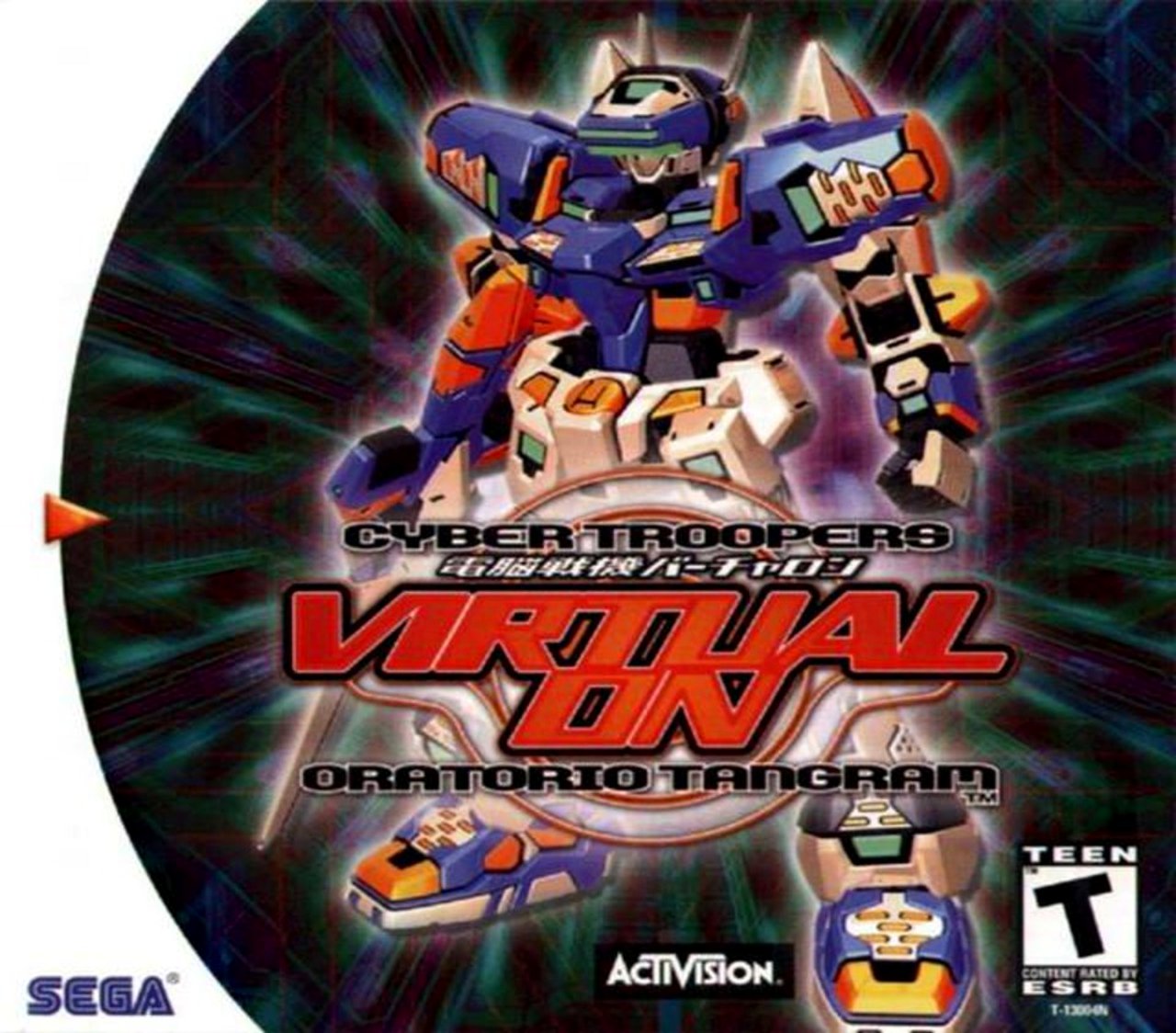
The late '90s and early '00s saw a lot of wild ideas come out of the fighting game genre. Standing alongside such gems as Power Stone and Project Justice (which we'll see later in this list), Virtual-On is a fascinating, 3D fighter that relishes the festive pyrotechnics that are anime mech battles. Fighting in this game aren't the intimate duels of Tekken or Soul Calibur. They're sprawling, explosive matches fought across massive arena where both players are exchanging volleys of laser fire will ducking behind buildings for cover.
It's an interesting mix of third-person shooter and fighter; borrowing the controls of the former with the rules of the latter. If you missed its initial release, this version of Virtual-On received an uncelebrated re-release on the Xbox 360 through Xbox Live Arcade. However, the true spirit of Virtual-On lives on today in the equally excellent (but Japan-only) Gundam Extreme Vs. series.
Space Channel 5
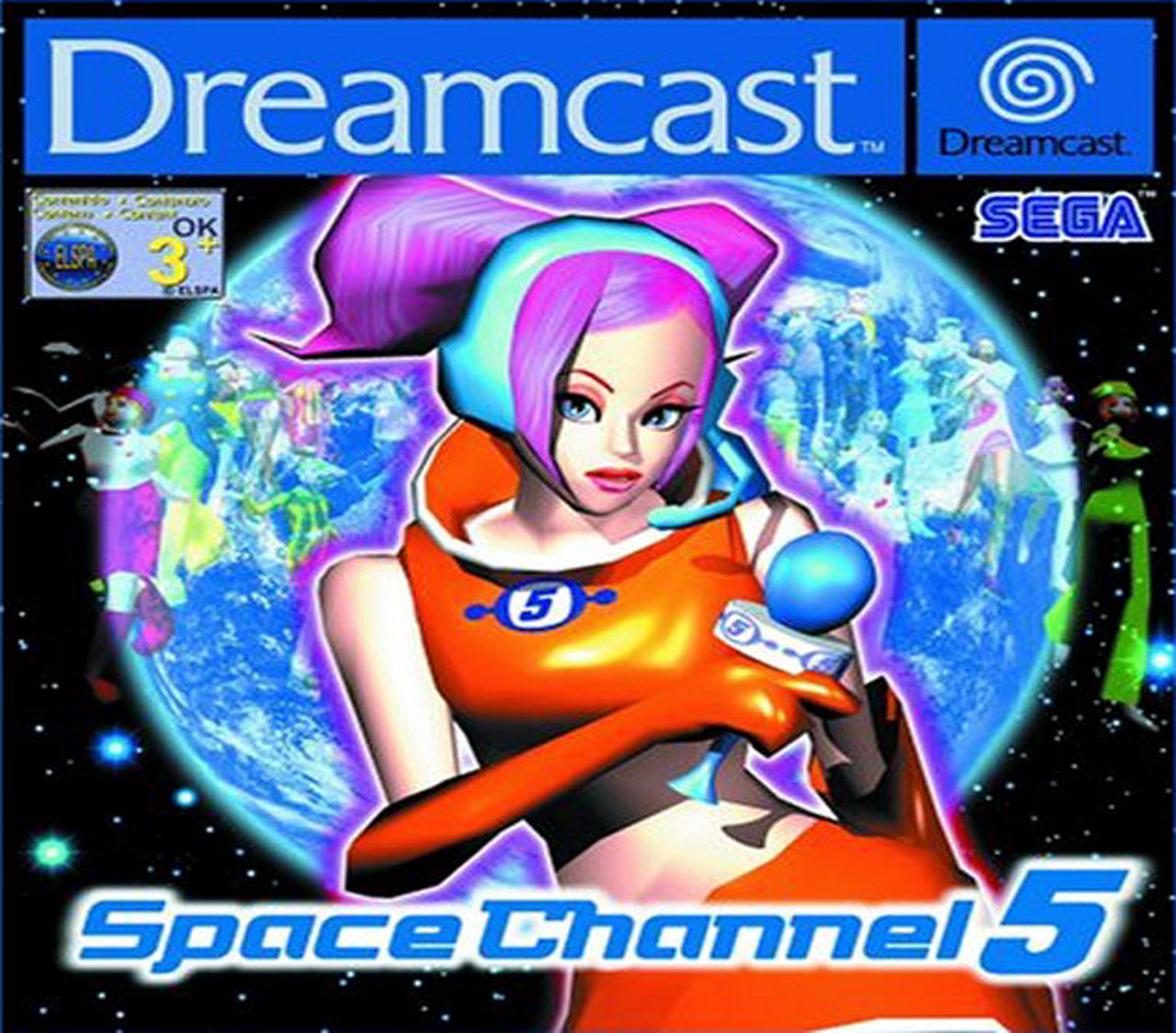
Before working on Rez, Child of Eden, and other strangely beautiful mashups of gameplay and music, Tetsuya Mizuguchi directed a little gem called Space Channel 5. This rhythm game takes the classic of Simon Says and mixes in outer space, aliens abductions, pop music, and a go-go dancer protagonist Ulala (who is also a news reporter). Ulala's mission is to rescue people who are being abducted by aliens by mimicking their actions (a la Simon Says) and blasting them with her ray gun (standard issue for any intergalactic field reporter).
If this whole premise sounds ridiculous - don't worry - it absolutely is, but that's what's wonderful about Space Channel 5. It has no qualms about being completely nuts, and revels in the goofiness of it all. This is very apparent at the climax of the game when - spoiler alert - the King of Pop, Michael Jackson himself shows up to dance alongside you. What other game on this list can claim such an honor?
Weekly digests, tales from the communities you love, and more
Samba de Amigo
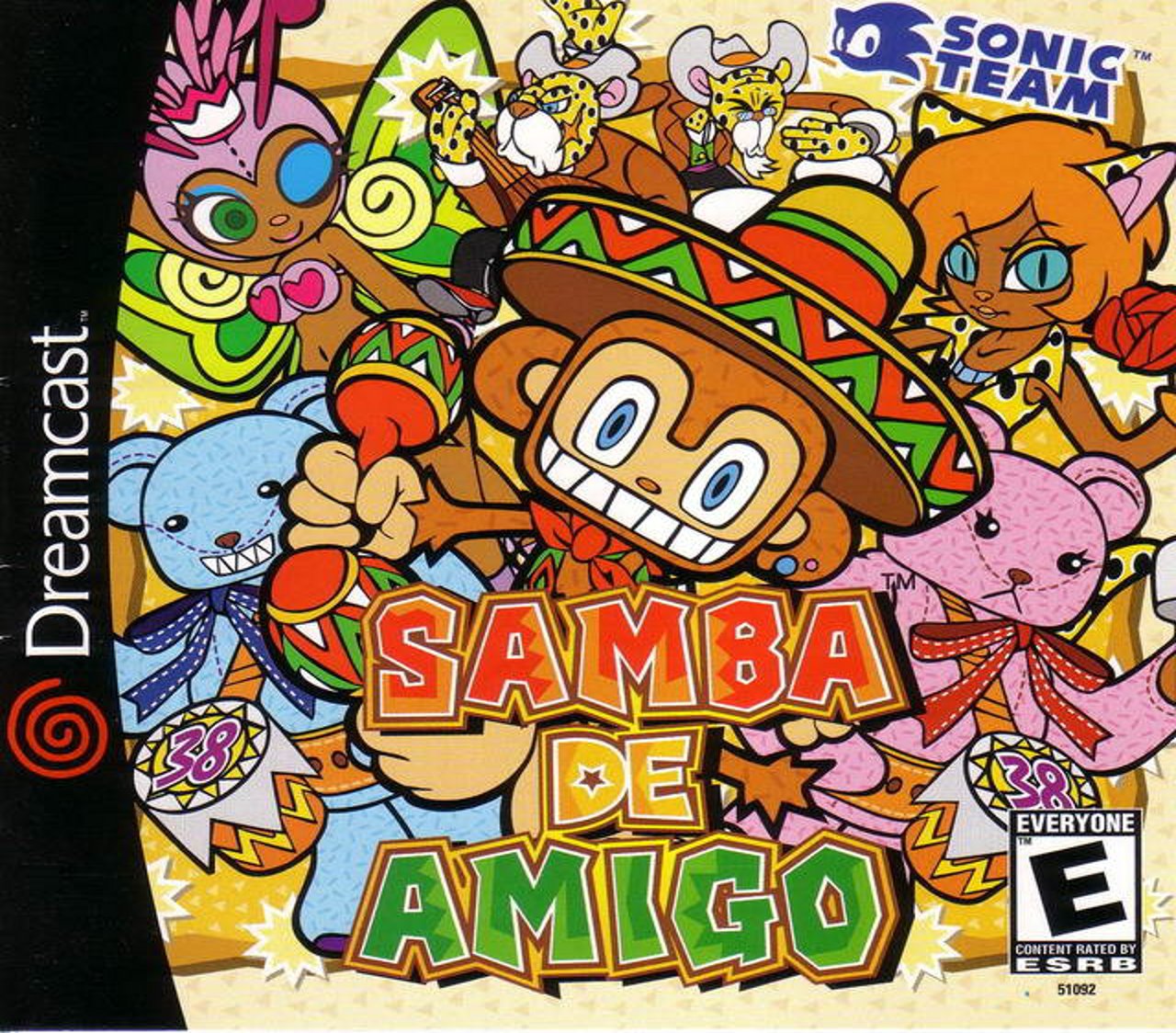
Around the same time as Space Channel 5, another rhythm game was turning heads with a bizarre new control scheme: maracas. Sega's Samba de Amigo is played with a pair of red and green maracas that connect via cables to a mat you stand on that has some sort of sensor bar attached to it. You then shake your maracas according on the on-screen instructions, while standing on a yellow mat, in your living room, feeling like you should really reevaluate the priorities in your life.
The game itself plays a lot like the Just Dance series, but with the added difficulty of not only performing an action at the right time, but making sure you're holding the maracas in the right position as well. Samba's soundtrack was primarily composed classic Latin music, but since this was the '90s most people just ended up playing 'Livin la Vida Loca' over and over. Samba de Amigo got a second chance at stardom with a Wii remake in 2008, and today is another bygone character in Sega's back catalogue.
Alien Front Online
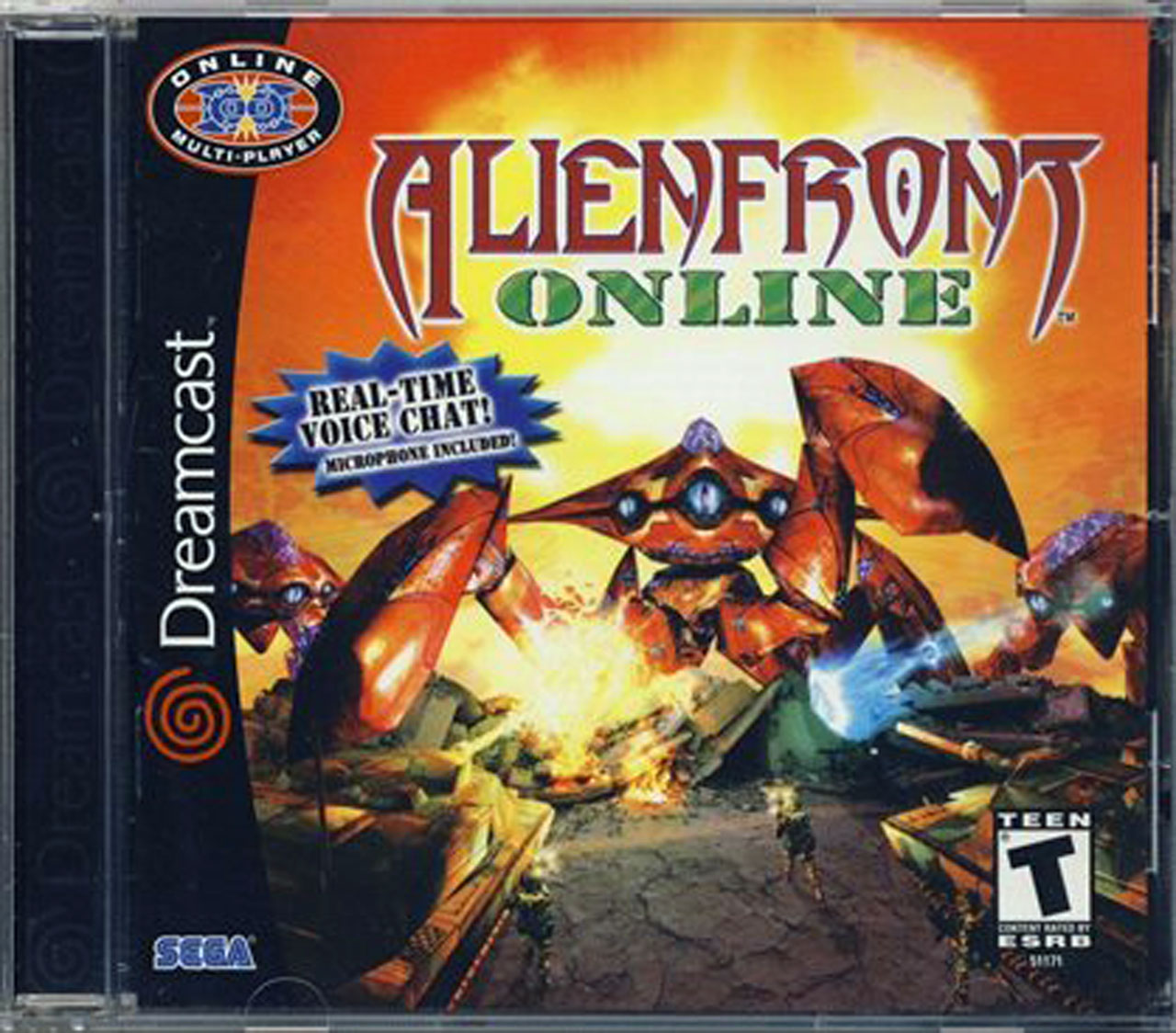
Packing online play and a goofy 1950s B-movie vibe, Alien Front Online enables players to wage war as either tanks or giant, crab-like alien walkers. But its real draw is that it's the only online game to really utilize the Dreamcasts microphone, enabling static-filled voice chats with screaming children on the other side of the globe years before we hated it on Xbox Live.
Sword of the Berserk: Guts' Rage
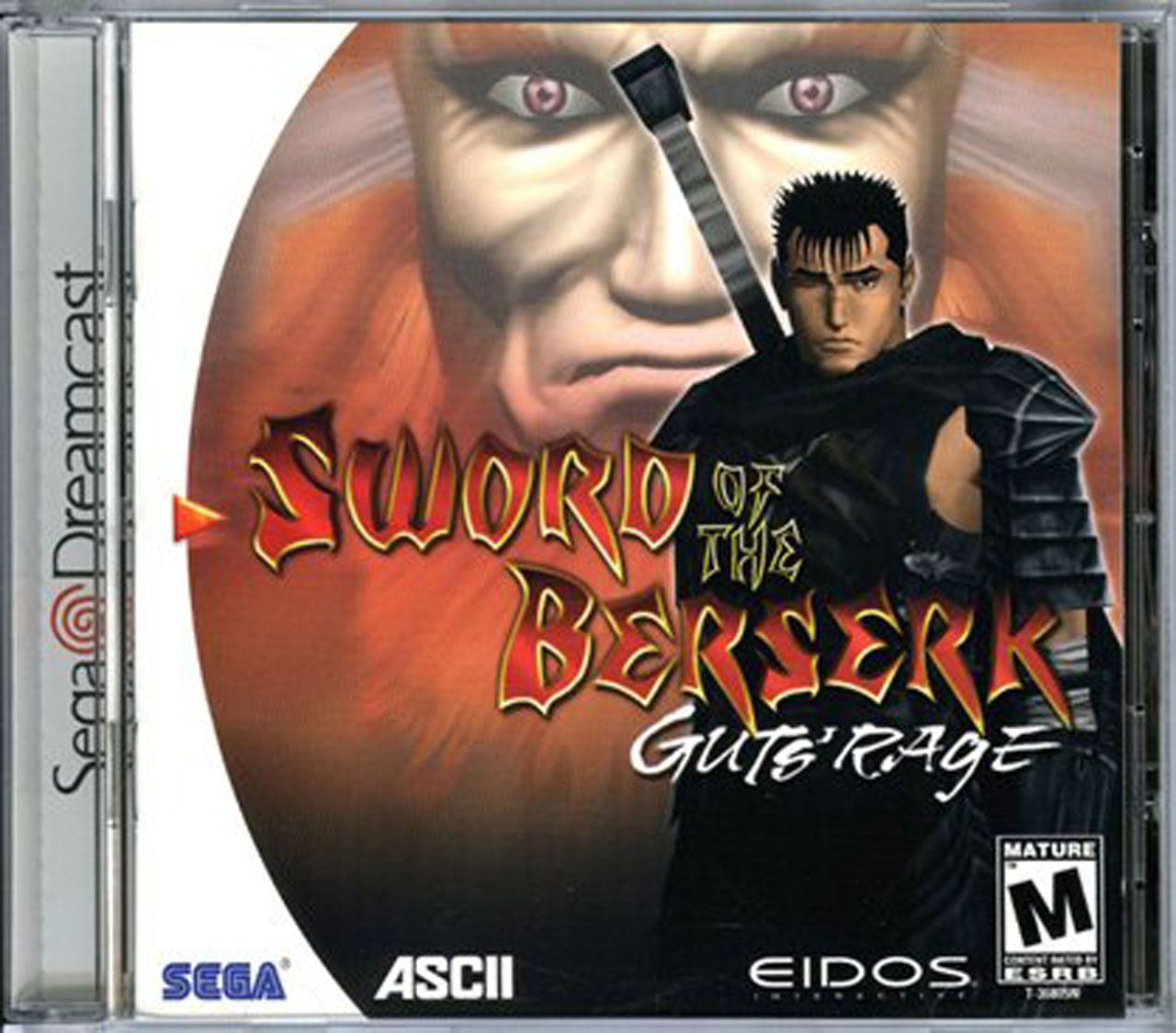
Pretty, gruesome, and based on a fairly obscure anime called Berserk, Sword of the Berserk: Guts' Rage is a medieval-fantasy adventure game about a very large man (named Gatsu or "Guts") with an even larger sword, which he uses to chop shambling plant-monsters in half.
Focusing on Guts' ham-fisted efforts to free a kingdom from a strange, zombifying virus, Sword of the Berserk mixed exploration with gory, brawler-style sword combat years before Devil May Cry or God of War were household names. To this day, were not entirely sure why it didn't do better - although the unwieldy name might have had something to do with it.
Rayman 2: The Great Escape
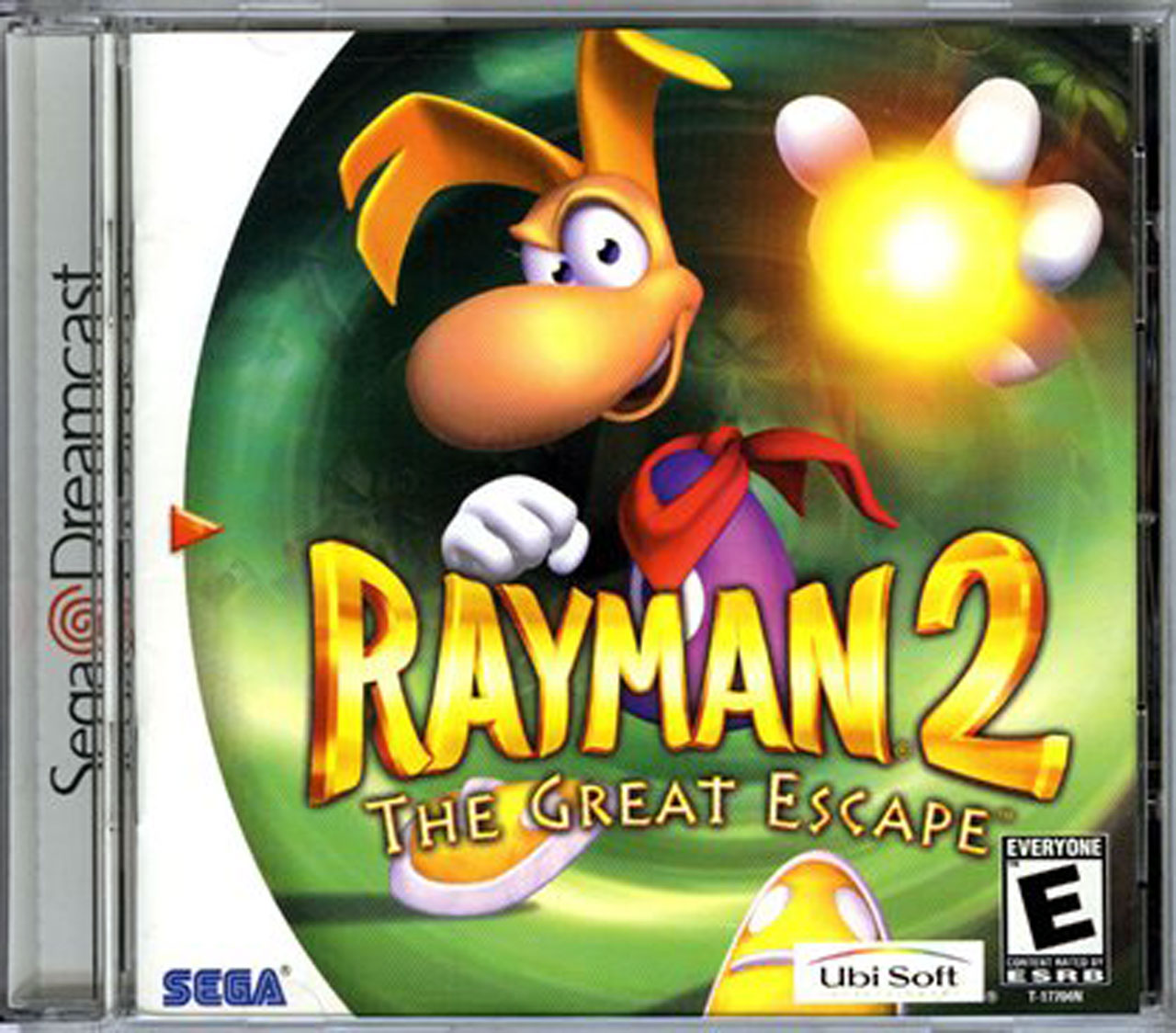
It's hard to consider Rayman 2 a "missed" title, as it was one of the most highly regarded platformers of its day and backed by a reasonably large marketing push. Out of all the various releases, the Dreamcast version stood at the top, with at-the-time gorgeous visuals, smooth gameplay and genuinely inventive level design. Oh, and not a single Rabbid in sight.
So why did it die? Even though the Dreamcast was selling quite well, thousands weren't sure if it was the right choice just yet. The impending PlayStation 2 launch cast a long shadow over Sega's entire operation, so even strong reviews and word of mouth can't sell a game to people who don't own the machine it plays on. The best version of Rayman's best game, sadly, was destined to slip away.
Super Magnetic Neo
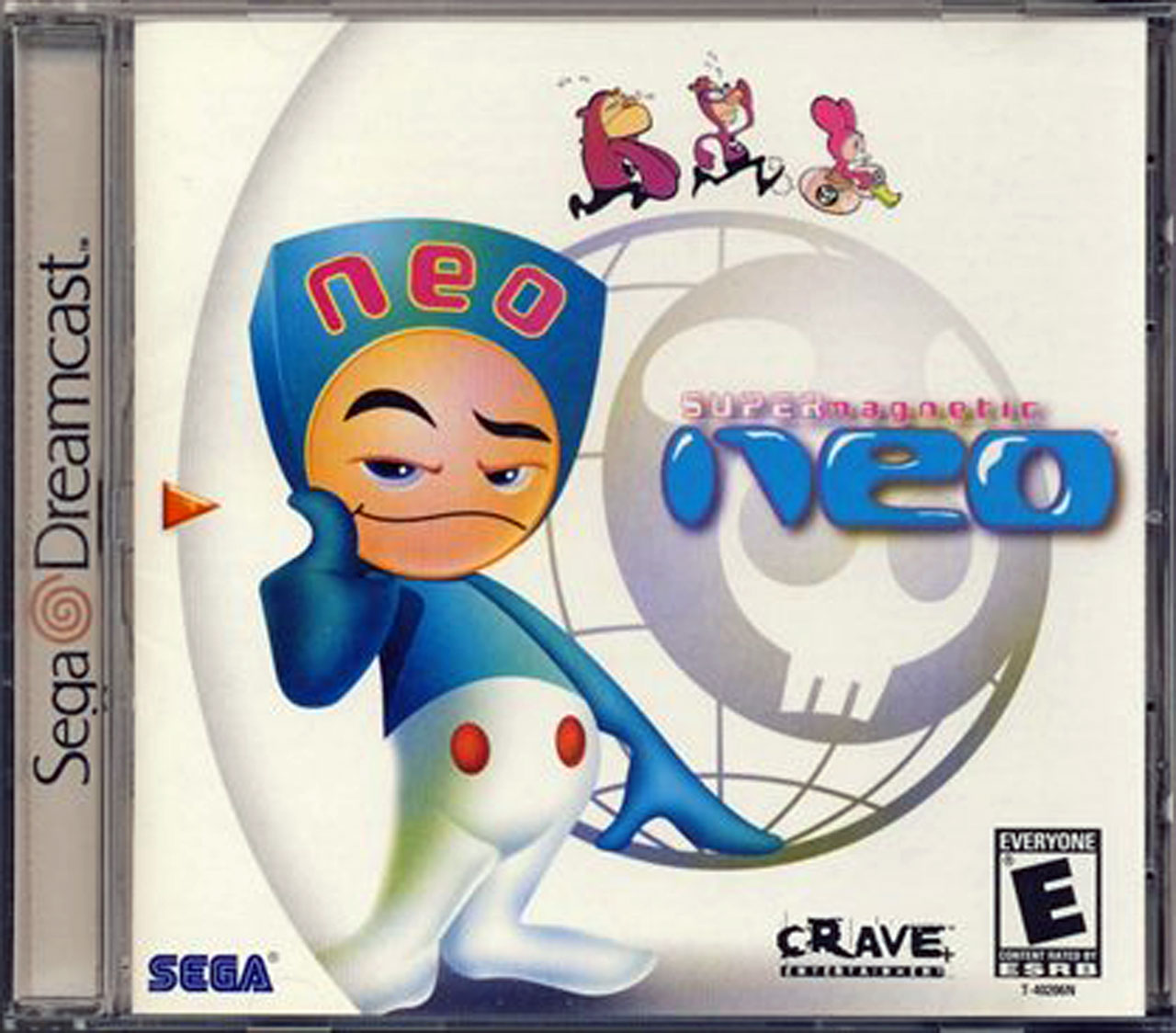
Pao Pao Park is under attack by the evil baby Pinki and her gang of pink-jumpsuit-wearing misfits! It's up to Neo - a robot with the power of magnetism - to stop them! The ability to propel yourself through the environment using similar or opposite polarities adds a nifty puzzle element to this 3D platformer, which is supported by a colorful art style that still holds up today.
Be warned, though - beneath Neos cartoony exterior is one of the most unrelentingly hardcore games on the Dreamcast, which consequently makes a well-executed speedrun a thing of beauty.
Ooga Booga
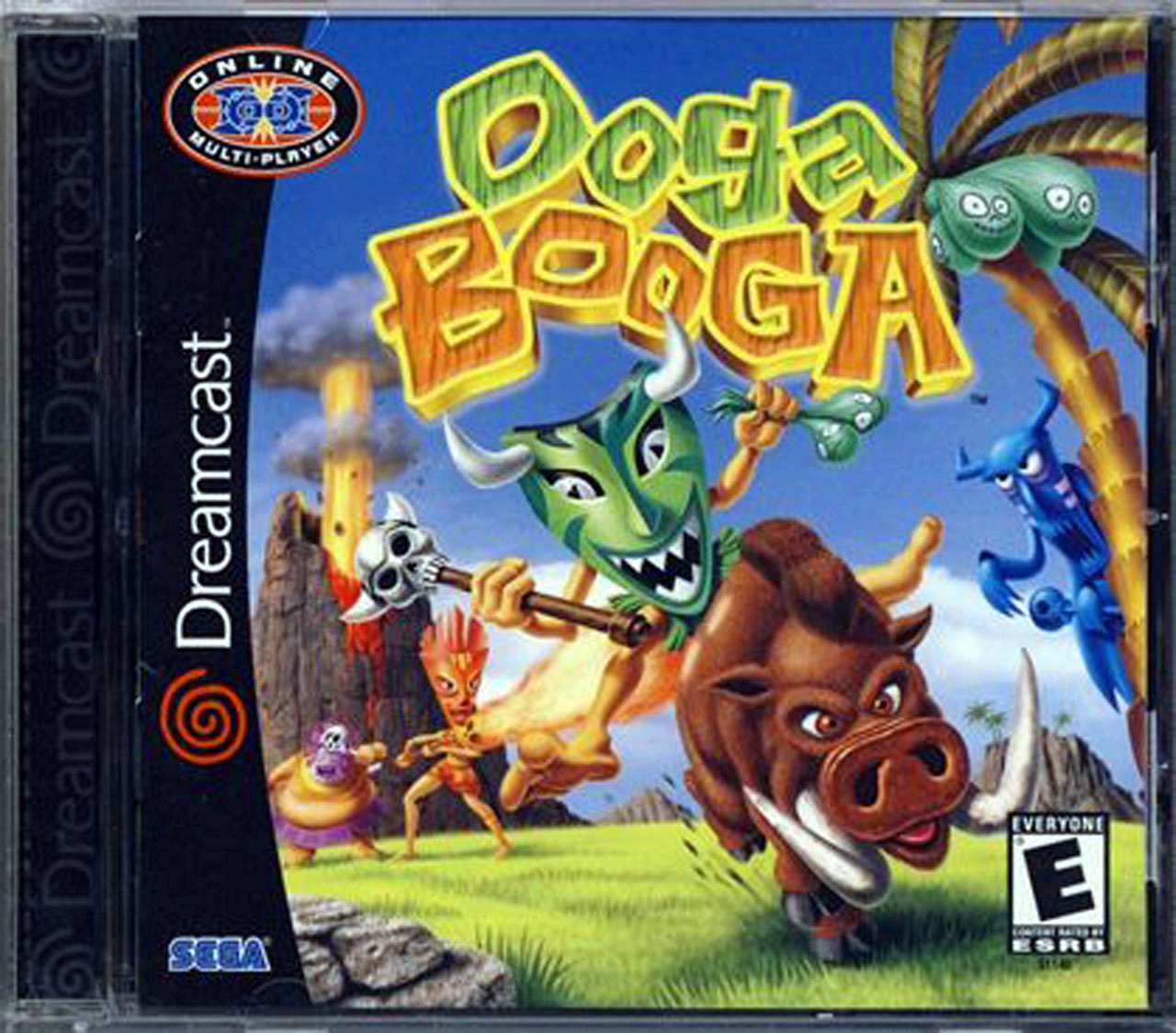
Strange as it may seem, the minds behind the 2K Sports series had a creative side. A really creative side, one that wanted to make oddball games about masked witch doctors pelting each other with shrunken heads on tiny deserted islands while a mellow surf-rock soundtrack blared in the background. Kind of a far cry from NBA 2K.
Ooga Booga - so named for the volcano goddess for whom the witch doctors, or Kahunas, battled - was an online-enabled, four-player party-combat game that encouraged players to take on the guises of Fatty, Twitchy, Hottie, and Hoodoo as they ride wild boars, hurl fireballs, and generally smack their friends around for points. It's simple, it's silly, and it's a lot more fun than its dismal sales imply.
Tech Romancer
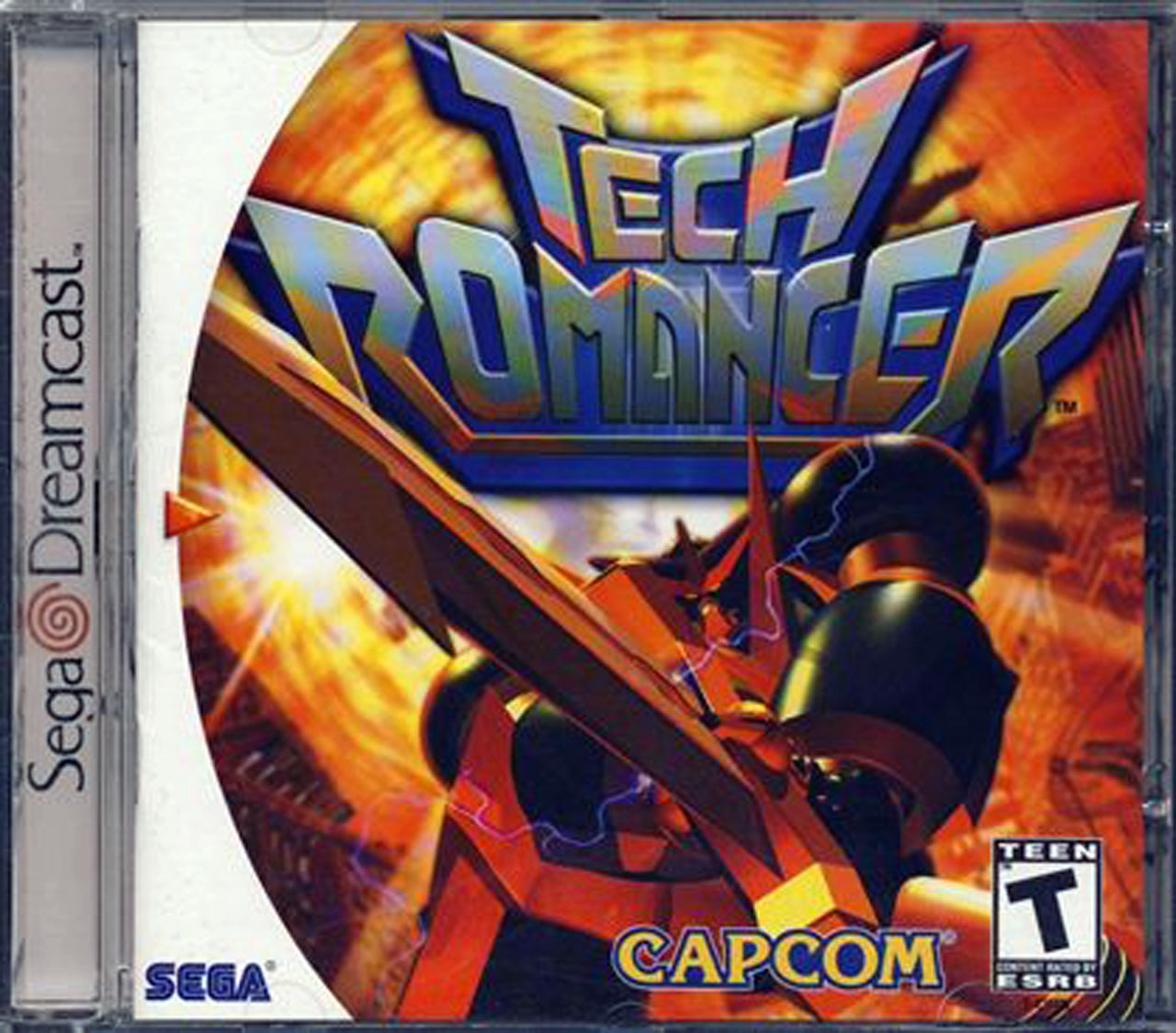
Much of the Dreamcasts lineup was delightfully niche, but we felt no shame enjoying this Capcom classic slathered in love for mecha and anime. Sure, the giant robots in this fighter technically weren't Gundams, Escaflownes, or Mazinger Zs, but fans could tell that nearly all the fighters were loving homages to those iconic Japanese heroes. Even the finishers matched stylistically to the series they were referencing.
Romancer also embodies Capcoms general stance towards the Dreamcast - rather than port over established series, it tested new idea after new idea, none of which (save maybe Power Stone) caught on. It didnt help that Capcom was competing with itself on Dreamcast, as a game called "Tech Romancer" couldnt hope to stand up against several Street Fighters, Project Justice, and either Marvel vs Capcom.
GamesRadar+ was first founded in 1999, and since then has been dedicated to delivering video game-related news, reviews, previews, features, and more. Since late 2014, the website has been the online home of Total Film, SFX, Edge, and PLAY magazines, with comics site Newsarama joining the fold in 2020. Our aim as the global GamesRadar Staff team is to take you closer to the games, movies, TV shows, and comics that you love. We want to upgrade your downtime, and help you make the most of your time, money, and skills. We always aim to entertain, inform, and inspire through our mix of content - which includes news, reviews, features, tips, buying guides, and videos.


